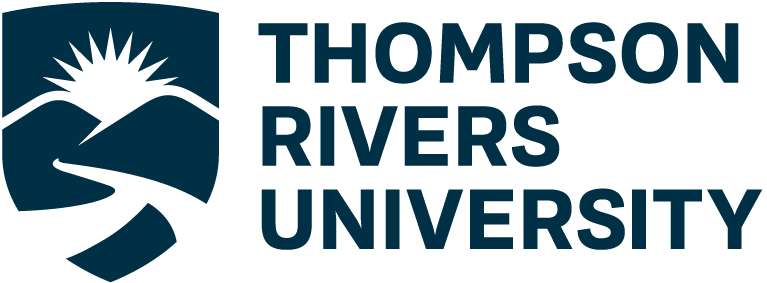Qualities and Skills to Help in Research
Research Ambassador Blog Post By: Tracy Asingo
There are different qualities and skills you need in order to be successful in research. Some of those skills are technical for helping with discipline-specific studies and others are more socially transferable. Although it may feel like you need to master these skills before starting research, you don’t have to, research is about learning and it is never too late to start!
A good researcher can be:
Patient
- Sometimes during your research journey, things may not be going the way you think they should. It is at such times that a researcher must remain calm and be patient to avoid making errors.
Observant
- This quality is useful in all stages of research. You need to be able to see patterns in the existing literature in order to create a novel question; these same patterns are what will guide you through your data analysis and it is with these patterns that you will create your discussion to be shared with the rest of the world.
Habitually Deviant
- Sometimes, the most obvious answer is not the best answer. The ability to think outside the box at the right moment is important in creating interesting research.
Accurate
- Make sure that as you collect your data, it is as close to or identical to what is being observed. Fabricated data is not tolerated in the world of academic research.
A Good Writer / Presenter
- What is the goal of research if not to share new discoveries? Everyone that does research has to disseminate it in some form, therefore, ensure that one of the skills you are continuously perfecting is the ability to share your work.
A Realistic Optimist
- It is important to stay positive during your research project, however, in your pursuit of a great research piece, ensure that you understand the limits of your work.

